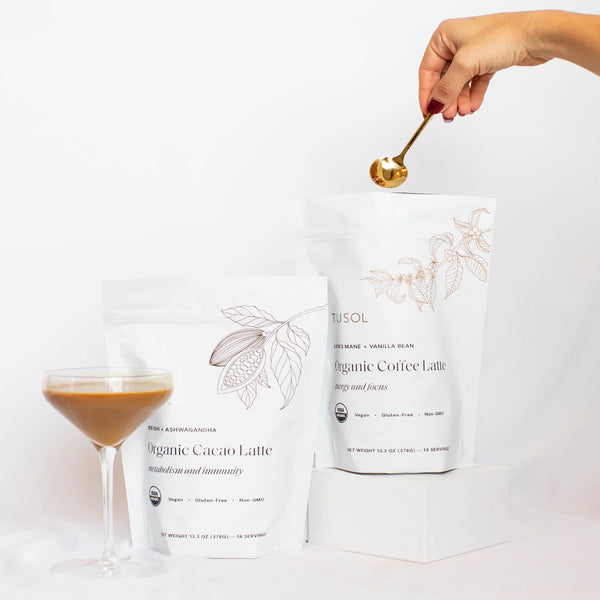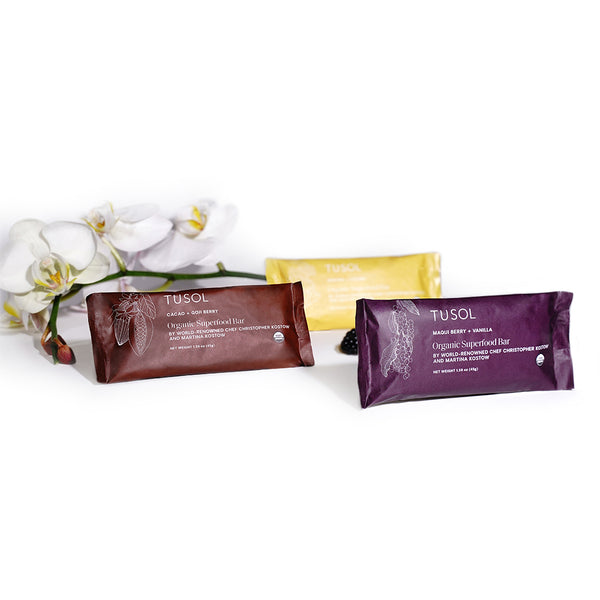What is adrenaline and cortisol dominance?
Adrenaline and cortisol dominance simply refers to prolonged states of stress where these two hormones reign supreme. While this state may also be caused by gland malfunction, at the same time, why is the gland malfunctioning in the first place? Usually, stress plays a significant role here. When you’re adrenaline and cortisol dominant, your body is in a constant state of threat. This state is usually meant for acute scenarios, such as when you meet a bear in the wild. While these acute scenarios are much less frequent for us than they were for our ancestors, the innate mechanism still exists. Today, it’s the constant on-the-go attitude that causes this ‘fight-or-flight’ state to last for long durations. It’s a constant feeling like you aren’t doing enough. It’s having endless projects at work or constantly feeling like you’re catching up. It’s that never-ending to-do list. It’s the need to have everything right now and quench that instant gratification need we’ve built in this society. And wow is it overwhelming! In fact, many individuals aren’t even aware that they’re running off of these stress hormones. But let’s dig a little deeper. Why do high amounts of adrenaline and cortisol matter? What’s happening beneath the surface?How adrenaline and cortisol work
The adrenal glands are located near the kidneys. And they aren’t just responsible for releasing cortisol and adrenaline. They also play a major part in producing the sex hormones. They are further important in the regulation of blood sugar, working with the thyroid to maintain proper energy for the body, and regulating the body’s minerals. When you feel stressed or face a threat, your adrenal glands pump out adrenaline and cortisol. During stress, adrenaline increases your heart rate, blood pressure, and energy. Cortisol, on the other hand, increases blood sugar levels and works to increase the number of compounds, cells, and entities needed to help with repair. All in all, this stress response changes the way your immune system, digestive system, reproductive system, and growth and repair processes work. And usually, when a threat subsides or passes, everything goes back to normal. But not during long-term or prolonged stress. When stress goes on for long periods, you can begin to experience some adverse health effects relating to these systems and their functions.Excess cortisol and adrenaline health effects
So, why are cortisol and adrenaline bad in the long-term? Why should you learn to quit stressing and relax? Excess cortisol and adrenaline may cause:- Anxiety or depression
- Digestive issues
- Headaches
- Heart disease
- Sleeping difficulties
- Weight gain
- Cognitive issues, like memory or concentration problems
“Adrenaline can be responsible for a number of anxiety symptoms: restlessness, fatigue caused by prolonged muscle tension, insomnia, nervousness, and jitteriness.”
How to know if you are relying on both for energy
A sure-fire way to know if you’re running off of cortisol and adrenaline for energy is if you’re experiencing any of what is described above. You might gain weight or have trouble keeping weight off. You may feel constantly exhausted. You move in a brain fog - or at least almost. You are constipated or your stomach is sensitive. You likely also have trouble sleeping, such as waking up in the middle of the night frequently or having issues falling asleep at all. Feeling anxious or having anxious thoughts is also a common symptom. Your body is on high alert, and it’s not good for your long-term health. Get this: When your body begins to use cortisol and adrenaline to create energy, your body also may begin to eat away at pro-metabolic tissue - like muscle and glands - to use these tissues to create glucose. This can lead to further health deterioration. Your glands begin to malfunction. You lose pro-metabolic tissue that helps burn calories, which causes you to gain weight easier. Overall, it’s not a state you want to stay stuck in.Adrenaline + Cortisol and Sleep
These two stress hormones can put a serious wrench in your sleep. You probably feel tired as you go throughout your day. At the same time, you can’t sleep to save your life. It’s frustrating - to say the least! Cortisol actually suppresses melatonin. This can disrupt your natural circadian rhythm and keep you awake or wake you up. Interestingly, when you’re running off these two hormones as well, your metabolic function doesn’t work as it should. This means you don’t produce energy the same way. And interestingly, individuals who put out a ton of adrenaline at night are frequently in a unique position where they gain weight while they sleep (and no one wants that!). Further, if, during the middle of the night, your body notices that your liver is out of fuel stores and your brain is lacking adequate fuel, it will pump out more adrenaline. This serves to raise your blood sugar levels so that your body has adequate energy. But it also causes you to wake up. This release of adrenaline is often why individuals wake up and have to urinate in the middle of the night. And if this is starting to all sound vaguely familiar, keep on reading!How to know the proper baseline of stress levels
Alright, so if you’ve been running off stress hormones, how do you know what you’re supposed to feel like not stressed out? There are a few ways! You can get a blood test done that indicates inflammatory markers and the level of cortisol within your bloodstream. This will easily tell you whether or not you’re currently experiencing high stress. Alternatively, you can keep track of your heart rate (heart rate monitors, like smartwatches, are great for this!). One of my favorite HRV Heart Rate Variability monitors is from Elite HRV, it comes with an easy to use app. The more variable your heart rate is, such as up and downs, the more stressed out you likely are. This is a sign your body is struggling to regulate even the most basic functions of life - not good. So, how can you deal?How to manage stress
Managing stress comes down to a multi-faceted approach. In other words, it’s mostly about taking care of your general health and seeking out ways to relax, such as deep breathing, quiet time, or meditative exercises. You want to examine your diet (are you missing anything?) and ensure you’re moving enough. And this isn’t to stress you out more. It’s all about finding that right balance for you so you can finally relax. Furthermore, use the following advice to help manage your stress and help you find that zen you crave.Adaptogens
Adaptogens are substances used to help re-stabilize the body and restore homeostasis. Try the following:- Ashwagandha
- Reishi mushroom
- Licorice root
- Tulsi
- Turmeric



















